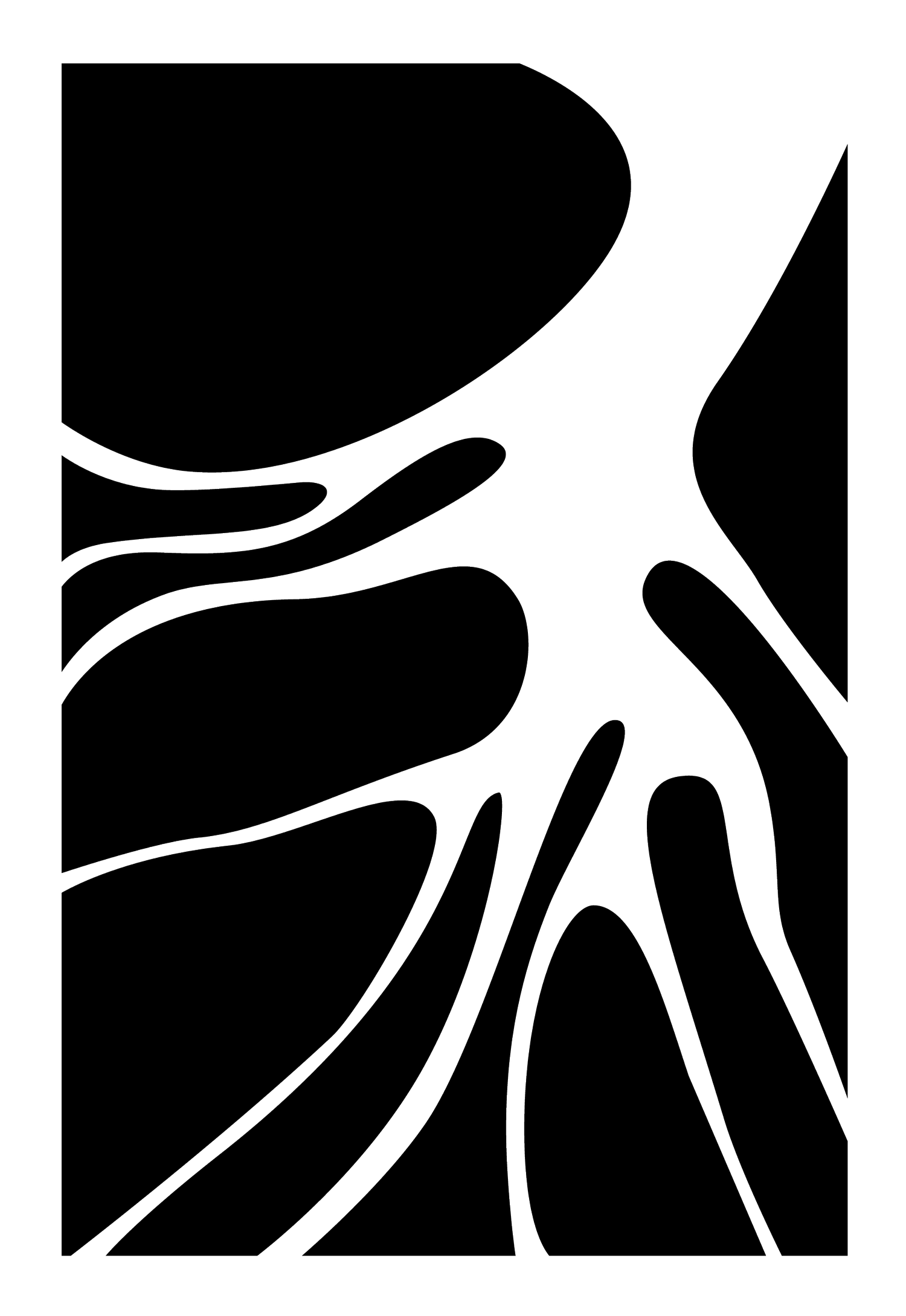Coyote at Night: An Omen
by Nathan Erwin
Night is the end of clock time.
—Dr. Martin Shaw
Near the intersection of Mass. Ave. & Melnea Cass Boulevard, you look down
to find holes in your pockets. You dropped your omens. Your Appalachian songs.
Your city-self only remembers to sing,
Coyote, Coyote.
Late last night, you noticed the lilacs were left out too long.
Their stems, a gnarled cut in the world.
Their flowers, gone to dust & seed with the late rhetoric of summer.
A scream near the edge of the encampment kept you
in your tent, shaking to wonder, what kind of tomorrow comes
when the wind hails from the east? The wind calls,
Coyote, Coyote.
You almost remember ants at work in the dither deep of a hill,
almost remember what they can tell you.
You shift on cardboard, a spiderweb, a scherzo
of wind wraps your grainy hair as you ask,
what does it mean when a crow settles on the crown of an oak & calls,
Coyote, Coyote?
In the city, the noise of cars turns into stampeding horses.
The highway circles into your mind, & you remember once, long ago,
you could talk with the dead & the dazzling dark. Now, skulls & hooves
have shorn your meadows of insight. The city has taken the sagebrush-steppe,
the woodlands, the pine forests, prairies, & deserts.
Coyotes, Coyotes
crowd into your home, into your clothes, into your skin. Burying
the Appalachian Book of the Dead
in the dark waters between your ribs.
Your blood is a thief, a fresh needle, a burrowed flood
into the hill of your arm, & soon, some creature with tiny wings
will harken the saga of death. If only
you could say the names of your relations.
If only you could remember.
Nathan Erwin is a land-based poet who was raised on the Allegheny Plateau, the northernmost tier of Appalachia.
An IAF and Harvard trained organizer, Erwin currently operates at Boston Medical Center to prevent rural overdose deaths and at the Pocasset Pokanoket Land Trust building healthy futures for farmers and land stewards. His writing has most recently appeared in Ninth Letter, Willow Springs, FOLIO, Blue Earth Review, and Bombay Gin. His organizing and his poetry are conversant, and so he writes about land, drugs, myths, and wanting.

